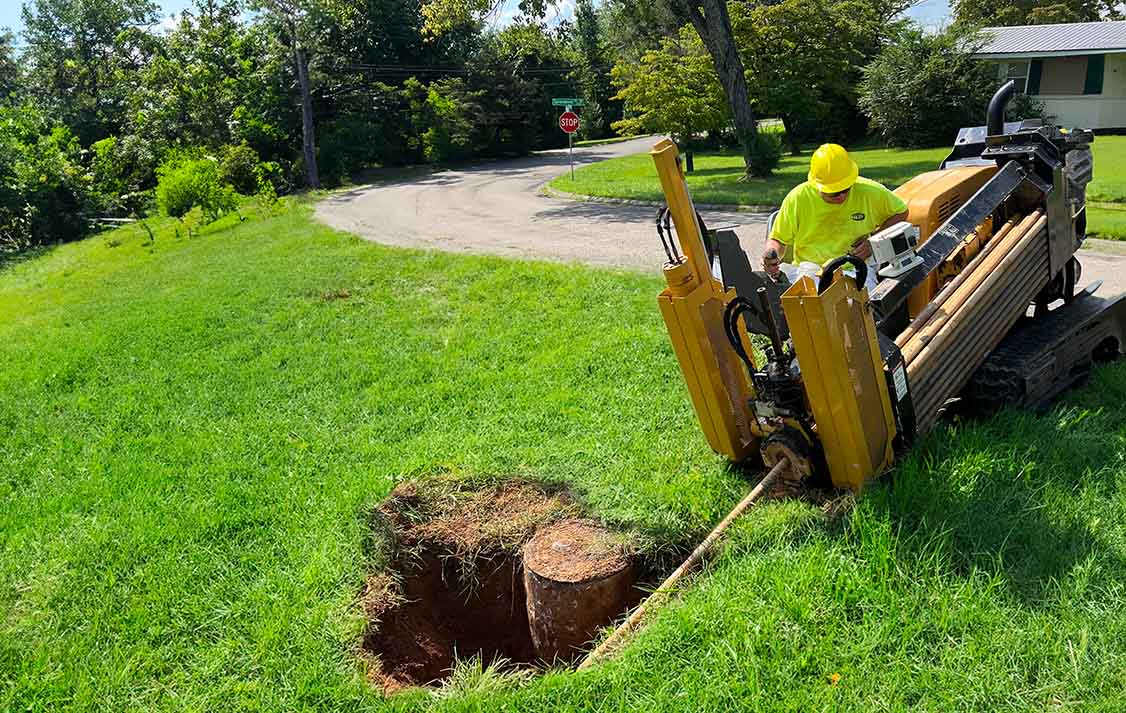

Burst Pipe
Your trusted partner for professional home services. Quality workmanship, guaranteed satisfaction.




- HEP
- Burst Pipe
Burst Pipe | Emergency Plumbing | Plumbing | Dayton
When a frigid Dayton night turns a small leak into a full-blown burst, HEP is the team your neighbors trust to swoop in and stop the damage. Our licensed technicians arrive fast, equipped with thermal imagers, pipe-freezing gear, and the know-how to patch, reroute, or replace lines on the spot—often before the drywall even dries. From shutting off the main to extracting water and safeguarding your belongings, we handle every step with the calm confidence that comes from decades of local experience.
Because a broken pipe never waits for business hours, our emergency plumbing response is available 24/7, holidays included. Call HEP the moment you hear the hiss or see the spray, and we’ll get your water flowing safely again—so you can get back to warm showers, peaceful nights, and a dry, undamaged home.
FAQs
What should I do immediately when I discover a burst pipe in my Dayton home?
First, turn off your home’s main water shut-off valve to stop the flow of water and minimize damage. If the leaking pipe is near electrical outlets or appliances, switch off power at the breaker panel for that area. After that, open nearby faucets to drain remaining water, place buckets or towels to collect runoff, and call our 24/7 Dayton emergency plumbing line. Our dispatcher will walk you through additional safety steps until a technician arrives.
How quickly can your emergency plumbers arrive at my property in Dayton?
We maintain on-call techs around the clock within the Dayton metro. In most cases we can reach addresses inside I-675 and I-70 within 60 minutes of your call, and many city-center locations in under 30 minutes. Travel times to surrounding suburbs such as Kettering, Beavercreek, and Huber Heights average 45–75 minutes depending on traffic and weather.
Will shutting off my main water supply stop all leaking?
Turning off the main valve will stop pressurized water from flowing through the supply lines, which usually halts the worst of the leak. However, any water already trapped in the system or soaked into walls, ceilings, or flooring may continue to drip. Keep collecting water, and avoid turning the supply back on until a licensed plumber has inspected and repaired the damaged section. If the leak is from a heating or sprinkler line, those individual systems may also need to be isolated.
Can you help with water damage cleanup after repairing the burst pipe?
Yes. In addition to plumbing repairs we partner with certified water-remediation crews who can extract standing water, set up commercial dehumidifiers, and perform structural drying and sanitizing. We can coordinate these services immediately after the pipe is fixed to reduce mold risk and speed up restoration. Ask our technician for a bundled estimate when we arrive.
How much does emergency burst pipe repair typically cost, and will my insurance cover it?
Costs vary with pipe location, material, and extent of damage. In Dayton, simple accessible copper or PEX repairs usually range from $250–$650. Hidden or extensively damaged pipes that require wall or ceiling removal can run $800–$1,800. Most homeowners policies cover sudden and accidental water damage, including burst pipes, but you must act promptly to mitigate the loss. We supply detailed invoices and photographs to help support your claim, and we can bill some insurers directly.
What steps can I take to prevent pipes from bursting during Dayton’s freezing winters?
• Insulate exposed piping in unheated areas such as basements, crawl spaces, garages, and attics. • Drain and shut off outdoor hose bibs before the first hard freeze. • Keep interior thermostats at 55°F or higher, even when you’re away. • Open cabinet doors under sinks on very cold nights so warm air circulates. • Seal drafts around windows, doors, and sill plates to reduce cold infiltration. • Consider installing a whole-house leak detection system with automatic shut-off for added protection. Regular fall maintenance and insulation upgrades are far less expensive than emergency burst-pipe repairs.